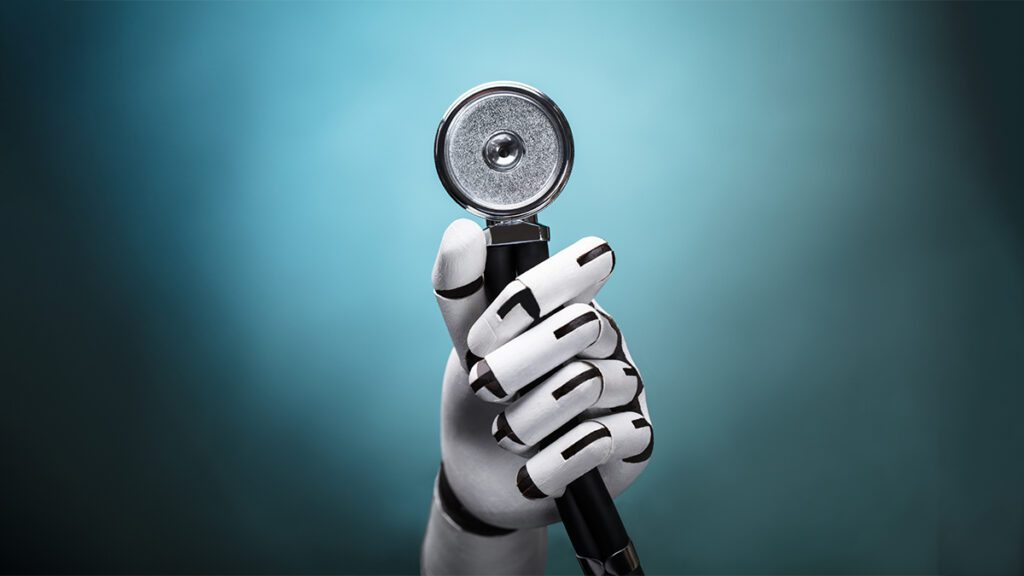In today’s rapidly evolving digital landscape, artificial intelligence (AI) has emerged as a transformative force in health management. From personalized fitness plans to predictive diagnostics, AI’s prowess in assisting humans to stay healthy is both promising and concerning. But at what point do we stop treating AI as a tool and start regarding it as a dictator of our health decisions?
The Benefits of AI
AI is revolutionizing healthcare by providing tailored health insights and recommendations. Wearable devices track our physical activity, heart rates, and even sleep patterns, offering us data-driven suggestions to enhance our well-being. With AI analyzing vast datasets, it can identify trends and patterns that an individual may overlook.

Moreover, AI applications can detect anomalies in health data, leading to early diagnoses and better patient outcomes. For instance, algorithms can analyze medical imagery to identify potential issues that even experienced radiologists might miss. The integration of AI into healthcare empowers patients to take charge of their health journeys more effectively.
The Pitfalls of Over-Reliance
Despite these benefits, an over-reliance on AI can have detrimental effects. Relying completely on AI for health decisions can lead to misinformation or misinterpretation of health data. After all, AI systems are only as good as the data they’re trained on. Biases in data can result in inaccurate suggestions, creating a false sense of security.
Furthermore, patients may become overly dependent on these recommendations and abandon critical thinking. This reliance may sometimes lead to neglecting physical consultations with healthcare professionals, who can provide personalized insights that AI may lack.
Finding the Balance
So, how do we strike the right balance between utilizing AI’s capabilities while maintaining our autonomy? Educating ourselves about AI tools and understanding their limitations is essential. It’s crucial to view AI as a supportive tool rather than an authoritative figure in our health decisions.

By integrating AI smartly—coupling its suggestions with professional medical advice—we can better navigate our health without relinquishing control to algorithms.
Conclusion
As we continue to harness the power of AI in our health management, it’s vital to remain critical and informed consumers of technology. AI is undoubtedly a remarkable advancement, but it’s essential to recognize it as a tool rather than a replacement for human expertise in health. Striking the right balance will empower us to lead healthier lives without losing our informed autonomy.
